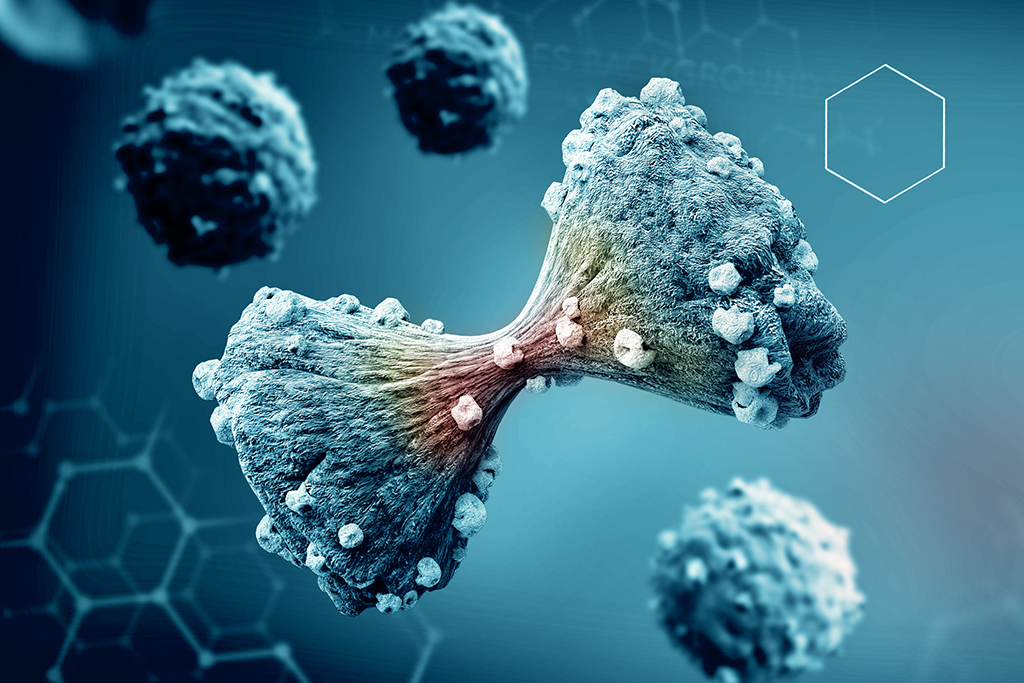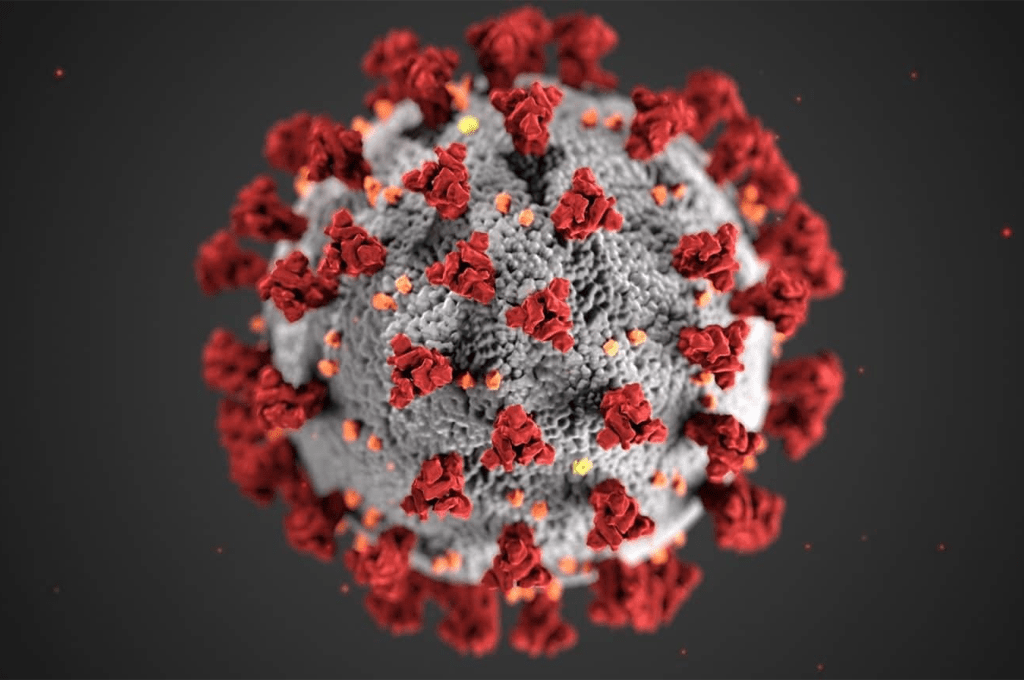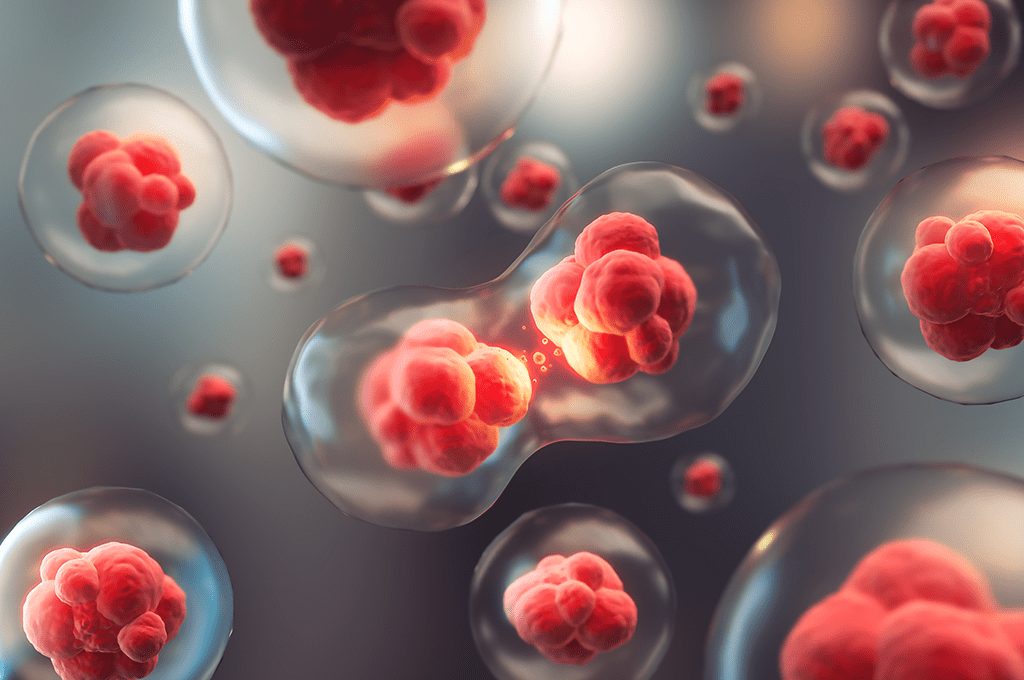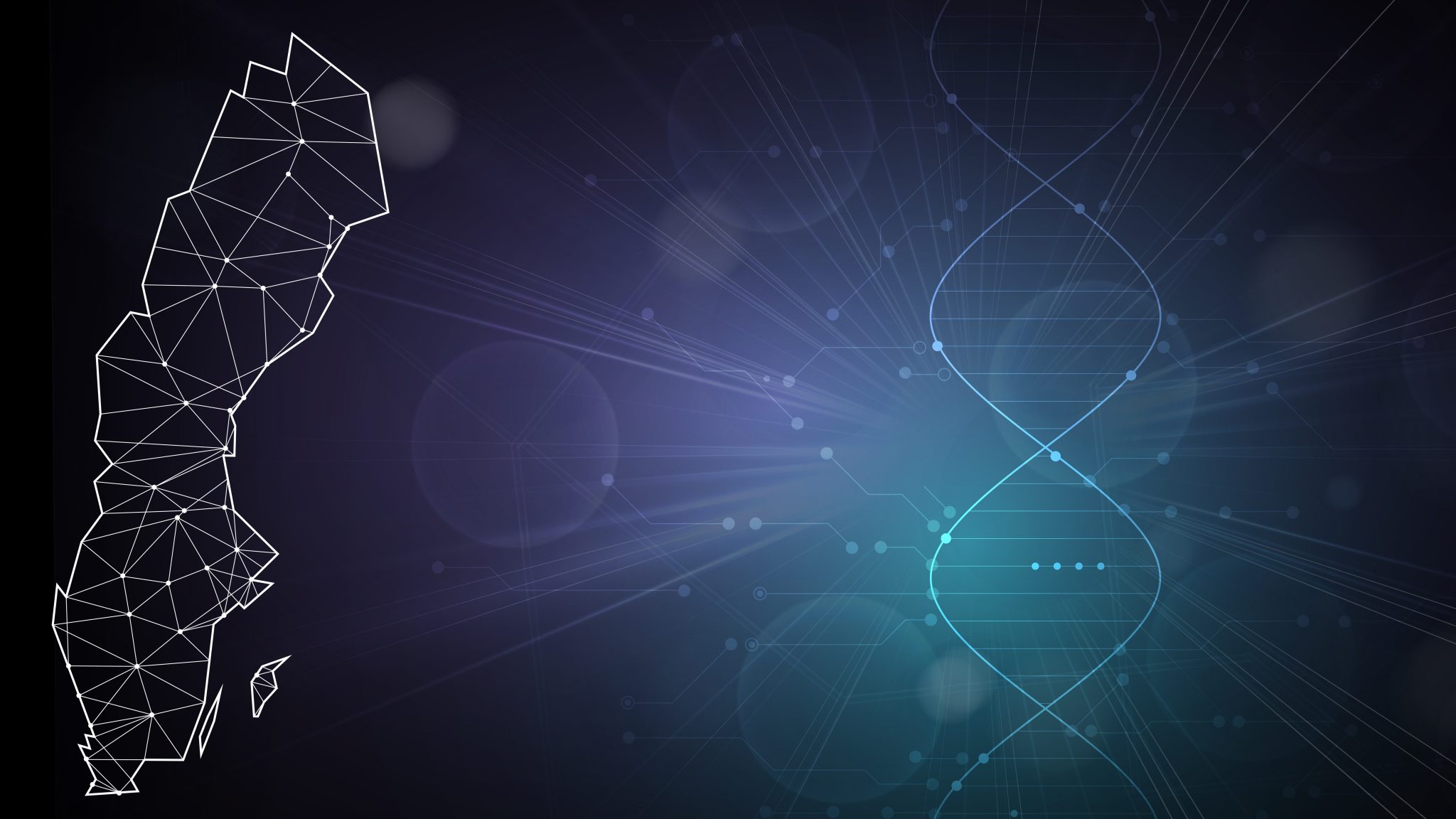Cancer cells makes themselves vulnerable to new drugs
Researchers from SciLifeLab and Uppsala University have discovered a way to use the rapid mutation rate in cancer cells as a weapon against tumours. A new substance has shown promising results in both animal and human cancer cells. The results are published in Nature Communications.
Normally cancer cells quickly alter their DNA, making them hard to target, but this rapid alteration is also sloppy and can lead to the loss of alleles. These cancer cells might lose healthy alleles leaving them with only defective ones while healthy cells have at least one functioning allele. This could very well be the achilles heel that can be used to develop new cancer drugs.
“We searched for genes of which many people carry both a functioning and defective allele in their DNA. One such gene, NAT2, produces a protein that metabolises a number of drugs and is of particular interest as one allele is often lost during the development of colon and rectal cancer,” explains Tobias Sjöblom (SciLifeLab/Uppsala University), in a press release from Uppsala University.
Armed with this new knowledge the researchers developed a substance that could kill cells lacking NAT2 and were able to demonstrate that it can kill cancer cells in both animals and humans.
“The conditions for treatment exist in 50,000 of the colorectal cancer patients diagnosed globally each year and we will therefore continue working to identify substances with even better properties for pharmaceutical development,” says Tobias Sjöblom.
The researchers utilized the SciLifeLab Drug Discovery and Development Platform (DDD) and Chemical Biology Consortium Sweden (CBCS) during the study.





